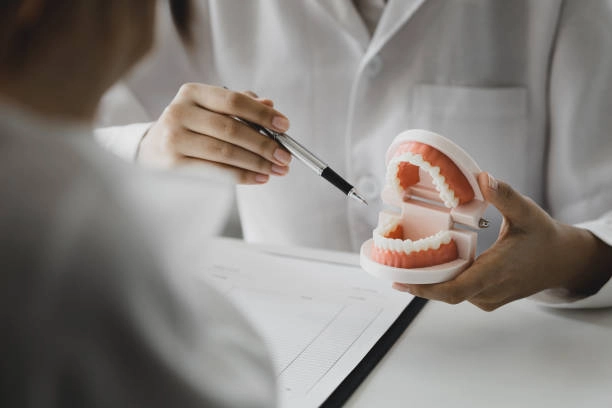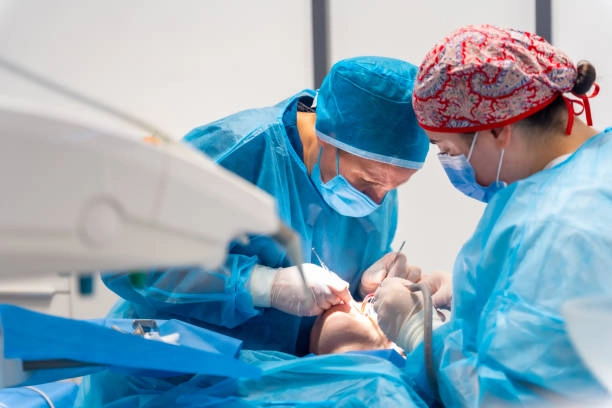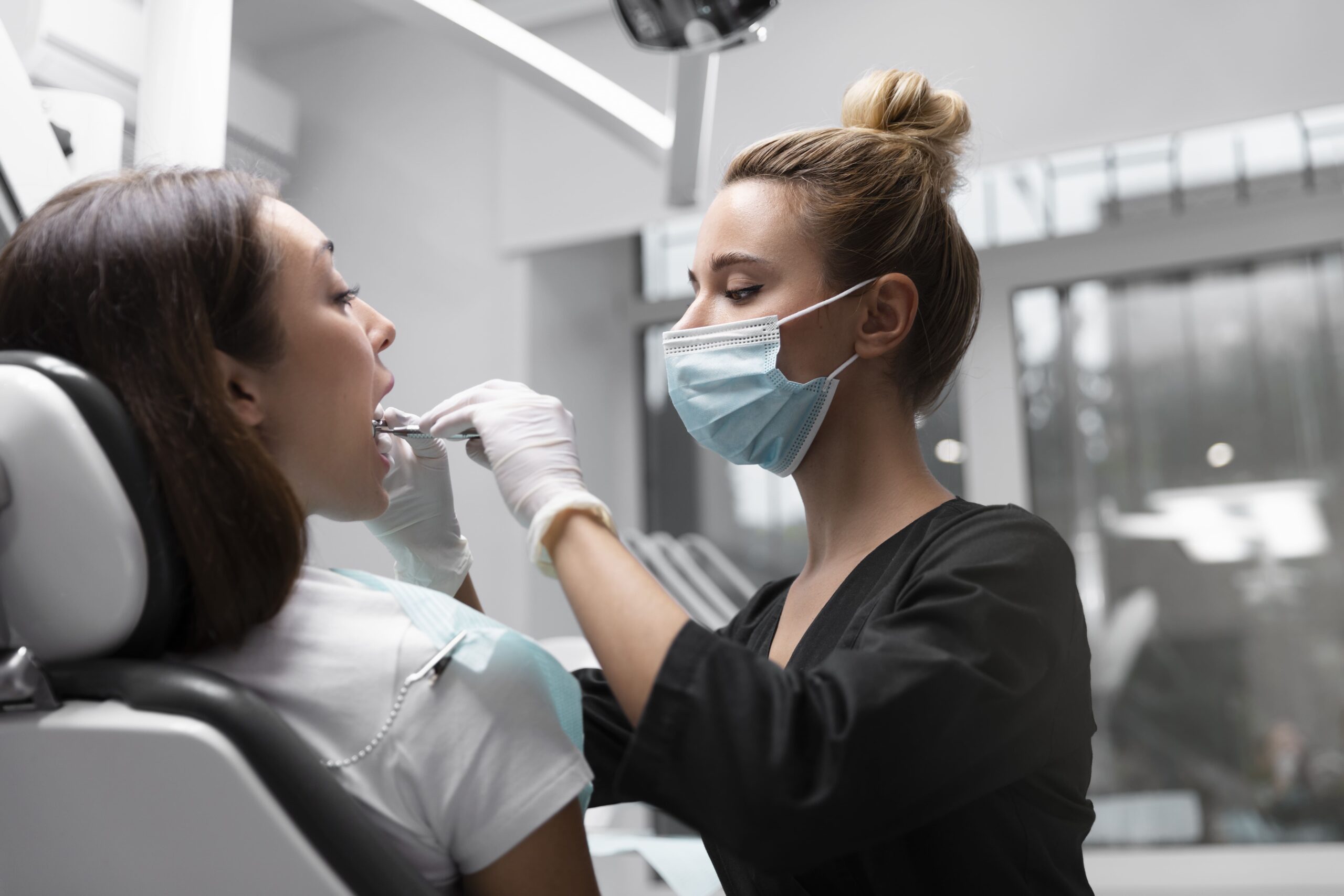If you’re dealing with stuck wisdom teeth, jaw pain, or facial injuries, advanced oral surgery might be the solution you’ve been waiting for.. These problems can include wisdom teeth that are stuck, issues with the jaw, and injuries to the face. These operations can help make eating easier, reduce pain, and improve the appearance of the mouth. It is very important to plan carefully to keep the surgery safe and help with recovery.
Before the surgery, patients should follow all instructions from their dentist or mouth surgeon, talk about their health, and understand what will happen during the surgery. After the surgery, resting, taking medication, and changing what you eat are essential for healing. With the right support and care after surgery, advanced mouth surgery can greatly improve life while lowering risks and making recovery easier.

10 Important Things to Know
1. Understand Your Procedure
Advanced oral surgery encompasses techniques like dental implant placement, complex extractions, and bone grafting. Each procedure has unique requirements and outcomes. For example, piezoelectric surgery uses ultrasonic vibrations to preserve delicate tissues, while cone beam computed tomography (CBCT) provides 3D imaging for precise planning. Clarify with your surgeon whether your case involves specialized tools like lasers or digital modeling.
2. Review Pre-Operative Instructions
Your surgeon will provide detailed guidelines to follow before surgery. Key steps include:
- Fasting: Avoid food and drink for at least 8 hours if undergoing general anesthesia.
- Medications: Confirm which prescriptions to continue or pause.
- Smoking: Avoid tobacco for 12–24 hours pre- and post-procedure to reduce complications.
- Clothing: Wear loose, short-sleeved attire for easy access during monitoring.
3. Prepare Your Recovery Environment
Stock your pantry with soft, non-acidic foods (e.g., yogurt, mashed potatoes) and hydrating beverages. Arrange for a trusted driver to escort you home, as anesthesia may impair coordination. If living alone, coordinate with a friend or family member for post-surgery support.
4. Address Health Concerns
Inform your surgeon about:
- Medical conditions (e.g., diabetes, heart disease).
- Allergies to medications or materials like latex.
- Pregnancy or breastfeeding status.
This ensures personalized adjustments to anesthesia or treatment plans.
5. Plan for Time Off
Recovery timelines vary. For example, implant surgeries may require a few days of rest, while complex bone grafting could involve a longer downtime. Notify your employer or school in advance to avoid scheduling conflicts.

6. Manage Anxiety
Discuss anxiety-relief options with your surgeon, such as conscious sedation or relaxation techniques. Open communication helps tailor your experience to your comfort level.
7. Follow Post-Operative Care
Adhere to instructions for:
- Pain management: Use prescribed medications as directed.
- Hygiene: Gently rinse with saline solution to avoid infection.
- Activity: Avoid strenuous exercise or bending for 24–48 hours.
Ignoring these steps risks complications like dry socket or delayed healing.
8. Choose a Qualified Surgeon
Advanced oral surgery demands expertise. Look for surgeons affiliated with reputable practices like Creekside Dental Excellence, which emphasizes precision and patient safety. Verify credentials and ask about their experience with your specific procedure.
9. Consider Insurance and Costs
Confirm coverage with your insurance provider. Advanced procedures may involve out-of-pocket expenses, so discuss payment plans or financing options upfront.
10. Ask Questions
Never hesitate to seek clarity. Common inquiries include:
- Risks: What are potential complications?
- Alternatives: Are less invasive options available?
- Follow-ups: How often will post-surgery checkups occur?

Advanced oral surgery can greatly enhance your dental health, comfort, and confidence. This is possible when you have good preparation and support. Knowing about the process, following care instructions, and picking a skilled team all help make your experience smooth and the results good.
If you need complex extractions or implants or have jaw troubles, Creekside Dental Excellence is here for you. Our skilled team cares about your safety, comfort, and long-term dental health.
From your first visit to your recovery, we’ll guide you at each step. Ready to take the first step toward a healthier, pain-free smile? Reach out to the caring team at Creekside Dental Excellence today, your comfort and confidence are our top priorities.
Frequently Asked Questions
1. What is advanced oral surgery? How is it different from normal procedures?
Surgery includes detailed treatments like dental implants, bone grafting, and jaw correction. It goes beyond regular dental surgery by using special tools and imaging. Patients in Florida oral surgery clinics often need careful planning for safe results and a smoother recovery.
2. How long does it take to recover after advanced mouth surgery?
Recovery time depends on the kind of advanced mouth surgery you have. Most patients feel better in a few days. However, some dental surgery cases might take more time. The experts in Florida suggest rest, eating soft foods, and taking medication to help heal and lower the chance of issues.
3. Is advanced oral surgery painful?
Most advanced dental surgeries are done with anesthesia, so you won’t feel any pain during the procedure. After the surgery, patients might feel soreness or swelling. At many Florida dental surgery clinics, patients receive clear aftercare instructions and pain relief to help ensure a smooth recovery to help you recover and feel better.
4. What should I eat after advanced oral surgery?
After surgery on the mouth, eat soft foods. Good options are yogurt, mashed potatoes, and smoothies. These foods help heal and keep irritation low. Teams in Florida that do mouth surgery often suggest meals. They want to make sure patients do not have problems like dry socket or infection.
5. How do I know if I need advanced oral surgery?
You may need advanced surgery if you have teeth that are stuck, jaw pain, or need dental implants. Florida surgery clinics can check your health with exams and images. If basic treatments don’t work, dental surgery may be the best choice for good oral health.
6. What will happen during my first advanced surgery consultation?
During your first visit, your surgeon will look over your health history and explain the advanced surgery steps. They will also talk about any risks involved. Many clinics in Florida use digital images to plan your surgery. This helps make sure that your dental work is safe and accurate.
7. Is advanced oral surgery covered by insurance?
Insurance coverage for advanced dental surgery can change depending on the provider and the type of surgery. Clinics in Florida often assist you in finding your benefits and provide payment plans if you need them. It’s best to ask about costs and make sure to confirm if your dental surgery is partially or fully covered before making an appointment.






